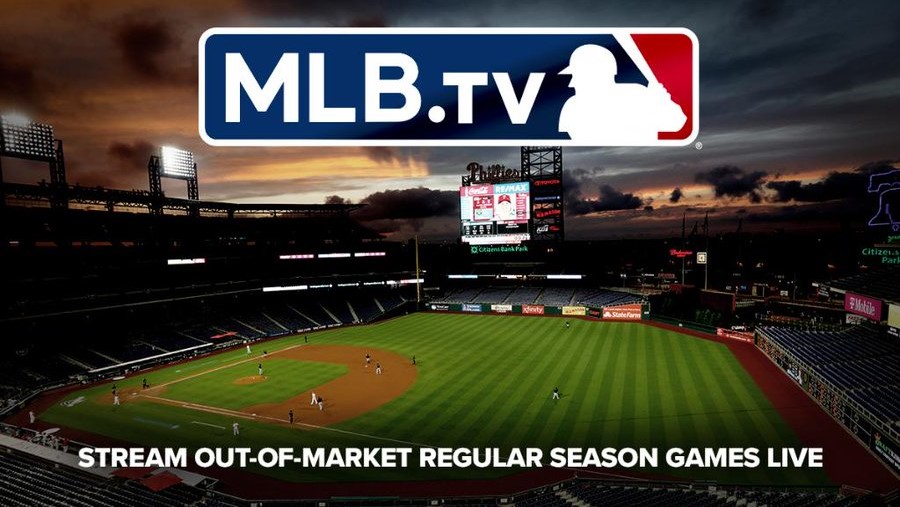Feedback
The professional video industry's #1 source for news, trends and product and tech information. Sign up below.
You are now subscribed
Your newsletter sign-up was successful
Can you teach?

In today's fast-paced and intense production and broadcast studios, professionals usually have all they can handle just keeping up with a day's activities. And for many, by the end of the day or week, all they want is to forget where they work and all the technology.
Others, however, are invigorated by such pressure, and a few of these even want to share their skills and knowledge with others. If you consider yourself in this category, read on.
Broadcast Engineering magazine is looking for a few knowledgeable engineers, technology managers and creative video experts to help produce print, electronic and live training products. We produce a wealth of articles, webcasts, e-newsletters and blogs each month that offer unique opportunities to those who can communicate well and have the desire to share that knowledge.
A few assignments are once a month, assigned to cover specific topics. Others involve weekly assignments with strict deadlines. A few projects allow more freedom in topic selection.
Virtually 100 percent of what we print is tutorial, not opinion. If you simply want to “give others a piece of your mind,” or as I call it “soapbox,” this isn't the place. However, if you want to teach and share, then we have an excellent platform.
Yes, we do pay for this work, but don't expect to get rich.
The professional video industry's #1 source for news, trends and product and tech information. Sign up below.
If you have a solid background in any of the traditional production and broadcast technologies, can write and communicate well, and want to share that knowledge, let us know. Interested professionals should forward examples of previous presentations, papers or written articles and a brief outline of your experience and current title to: editor@broadcastengineering.com. Conclude your inquiry by reviewing current Broadcast Engineering products and telling us which of those you'd like to participate. If you have a new product idea, pass it on.
Who knows; exposure in Broadcast Engineering might be just the thing to help bring that next big promotion your way!
Brad Dick
Editorial director
Incentive auctions of broadcast spectrum
Readers had much to say regarding Michael Grotticelli's Nov. 22 online article, “FCC considers lifting restrictions to allow broadcast spectrum to be used for broadband.” Here are some comments:
Dear editor:
OTA TV is the only option for the people that government is most expected to serve, but self-serving government is more concerned with profiting from the nation's resources, including the electromagnetic spectrum. We need to do a better job of educating the public not only of the advantages of OTA TV, but also of the risks of losing it.
Gary
Dear editor:
Well, here comes the attack on OTA television again, as more people are dropping cable and satellite because it's just too expensive, and using antennas to get their local television along with multiple other subchannels now with digital TV. Is FCC Chairman Julius Genachowski trying to put a stake in the heart of a new spark of life in the broadcasting industry before it goes any further? OTA is seeing an increase of popularity here in Dallas Fort Worth. We have about 50 channels now with an antenna — channels like RTV, HOT-TV, Living Well Network, etc. Plus, it works when it rains. Satellite doesn't; it just abruptly goes away.
Ed in Dallas
Google TV
Broadcast Engineering's editorial director Brad Dick's Nov. 19 blog post “Is Google TV a Yugo?” discussed how Google TV sets have yet to realize Google's promise of any content from any place at any time. Here are some responses:
Dear editor:
It seems that Google does not know “squat” about how to market tangible consumer products. Remember the Google mobile phone fiasco? Google TV is déjà vu.
Louis Carliner
Dear editor:
Google has a bigger challenge than content. Its approach to user interface has a fundamental flaw — the idea that the PC is the ideal device on which to view content. The goal of their device is to make the TV behave like a PC.
John Maxwell Hobbs
